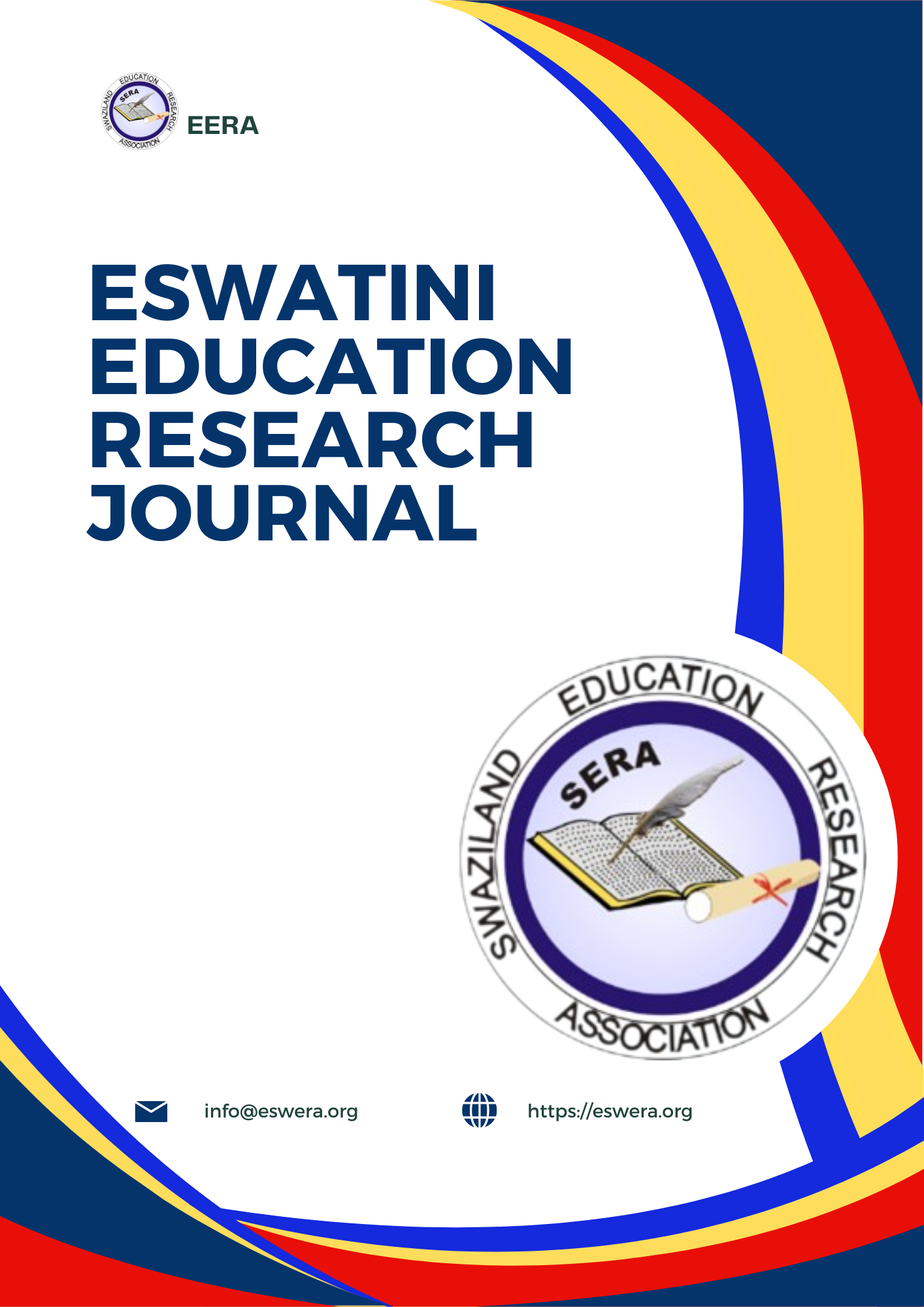Challenges Faced by Public Colleges in Eswatini: Implications for Eswatini Institute of Management and Public Administration
Keywords:
Challenges, enrolment, public colleges, service delivery, short coursesAbstract
Tertiary institutions throughout the world face many challenges. The majority of these institutions are underfunded, which compromises their ability to attract qualified personnel, deliver quality programmes, and accommodate increasing student demand. Consequently, qualified students are often excluded from tertiary education, either due to limited capacity in public colleges or the unaffordability of private institutions—negatively impacting national productivity. This study investigated the unique challenges faced by three public colleges in Eswatini. An insight into the challenges faced by public colleges provides a basis for strategies that EIMPA can adopt to minimize their negative impact on national productivity, increase participants’ enrolment, and improve service delivery across government ministries. A qualitative research approach using semi-structured questionnaires was administered to college principals. Participants were selected through convenience sampling, a method acknowledged for its limitations in generalizability. To ensure trustworthiness, the study employed member checking and triangulation of responses. Data were analyzed using thematic analysis, which involved identifying and interpreting recurring patterns and issues. Findings revealed that public colleges faced unique challenges such as lack of autonomy, limited budget, limited government scholarships, student riots, limited access, staff demotivation, and shortages. The study concluded that some challenges were persistent and structural, requiring long-term reform. It recommends that public colleges lobby for more autonomy to diversify income sources and develop partnerships with other higher education institutions. Flexible payment options were also recommended for students without scholarships.
Downloads
Published
Issue
Section
License
Copyright (c) 2025 Lungile Baphetsile Ngcamphalala

This work is licensed under a Creative Commons Attribution-NonCommercial-ShareAlike 4.0 International License.
The Creative Commons Attribution-NonCommercial-ShareAlike 4.0 International (CC BY-NC-SA 4.0) license terms are as follows:
License Overview: This license allows you to share and adapt the material for non-commercial purposes only, as long as you give credit to the original author and license your new creations under the identical terms.
Key Terms:
Attribution: You must give credit to the original author, provide a link to the licence, and indicate if changes were made.
NonCommercial: You may not use the material for commercial purposes.
ShareAlike: If you remix, transform, or build upon the material, you must distribute your contributions under the same licence as the original.
Permissions:
- Reproduce and share the licensed material in whole or in part for non-commercial purposes.
- Produce, reproduce, and share adapted material for non-commercial purposes only.
- Exceptions and Limitations: Where exceptions and limitations apply to your use, this licence does not apply, and you do not need to comply with its terms and conditions.
Term: The term of this licence is specified in Section 6(a) of the licence agreement.


